And frankly, I really haven’t heard a lot of folks calling for one, even among gun control groups. But I can’t help but wonder if we’re not about to see a push to get the NCAA to crack down on student-athletes and gun ownership after seeing the Associated Press story on the supposedly large number of “perplexed” college and university officials on the issue.
The AP story relies on several campus-related incidents over the past few months, including a shooting on the University of New Mexico campus involving a New Mexico State University basketball player who says he was acting in self-defense, the shootings at the University of Virginia committed by a former member of the football team, and the recent shootings at Michigan State University. While the AP’s report never outright calls for the NCAA to limit gun ownership for student athletes, it’s pretty clear (at least to me) that it’s meant to leave the impression that “something” should be done.
The headlines over the past few months illustrate the challenge for athletic departments in determining how gun laws in their states and regulations at their schools should be applied to their programs and communicated to their players. An Associated Press analysis of more than a dozen schools in the NCAA tournaments shows a wide range of policies that govern guns at those schools and uneven efforts to regulate them.
“I have no idea,” Michigan State basketball coach Tom Izzo told AP when asked what he should say to players who legally possess a gun. “Whatever the law is, you can’t supersede the law on your team or in your program.”
Mississippi State coach Chris Jans, when asked about his own team’s gun policy: “That’s a good question. Not sure I know the correct answer to that right now.”
The NCAA has no gun policy on its books, calling it a law-enforcement issue. That means rules for sports teams, if they exist, are derived from a mixture of state laws, university policies and, in some cases, supplements to those policies in the student-athlete handbooks. In some instances, coaches implement their own team rules. But as cases across the country have shown — just in the past four months alone — there is confusion, mixed messages and what some perceive as seat-of-the-pants decision-making on issues that can have life-or-death consequences.
The AP isn’t exactly singing the praises of the status quo here, but it’s unclear what, if any, policy changes would have led to different results in any of the four cases they mentioned. New Mexico campuses are “gun-free zones”, as are the campuses in Michigan and Virginia. The fourth case they mention, that of an LSU football player arrested but not charged for illegally carrying a gun in New Orleans during Mardi Gras, ended up with the player suffering some undisclosed punishment that doesn’t include missing any of next season’s games.
More than anything, the Associated Press seems shocked that colleges and universities follow all applicable state and federal laws, including respecting the right to carry on campus in a dozen states.
The AP’s analysis found that in many instances, school policies differ from state to state, and sometimes from campus to campus within the same state. Most student-athlete handbooks simply reiterate school policy regarding weapons.
In Texas, open carry is not allowed at either the University of Houston or at the University of Texas in Austin, the site of a 1966 mass shooting from the clock tower on campus. But concealed carry is allowed in some areas of each campus, the listings of which are available on the school websites.
The NCAA bans guns on the premises of its championship events, presumably meaning the Final Four sites — in Dallas (women) and Houston (men) — will be gun free.
Again, what’s the actual problem here? In all four cases that the AP cites, it wasn’t a violation of campus policy (or the lack thereof) that was the big problem, it was the violent crime (or claimed act of self-defense in a “gun-free zone”) that was the issue. But the AP’s report strongly hints to readers that its gun ownership itself that is the root of all this evil.
Last fall at Virginia, the football team canceled the season’s final game after a former member of the team, Christopher Darnell Jones Jr., was charged with murdering three players and wounding two students on campus. Authorities later found guns in his dorm room on the campus where, with few exceptions, weapons are not permitted.
It illustrated the impossibility of monitoring every student at any campus, and magnified the plight of sports leaders whose programs can be thrust into the spotlight in the aftermath of gun violence.
“The violence is right there with drug use and other sorts of things we hope to guide them away from,” said Mike Marlow, the athletic director at Northern Arizona, where guns are not allowed. “You hope that you have the type of culture in place that discourages the behavior, even if there is some legality to it.”
“Even if there’s some legality to it.”
Look, the vast majority of gun owners in this country are safe and responsible with their firearms. If colleges and universities find themselves with a disproportionate number of student-athletes who are acting irresponsibly, I’d say that says more about the nature of college athletic programs than the supposed necessity of an NCAA policy that would potentially restrict gun ownership for student-athletes. I don’t think it’s a university’s place to guide student-athletes from lawfully exercising their Second Amendment rights, but teams can and should have high expectations for the behavior of every player regardless of whether or not they own a gun.
I do appreciate the Associated Press reminding its readers that “gun-free zones” are worthless at preventing bad actors from being armed, but I know that wasn’t their intended takeaway. Honestly, if they’re looking for “solutions”, I’d suggest actively promoting responsible gun ownership instead of any depending on any abstinence-based policy. Take interested players out to local ranges for some training and instruction, and if coaches and administrators are concerned about student-athletes possibly running afoul of gun laws invite a representative of a state-level 2A group to come and talk with the team about the intricacies of the current law. Again, I’m not convinced that this problem actually exists, but if campus officials or the NCAA want to “do something” arming student-athletes with knowledge instead of trying to disarm them altogether would be the best approach, both from a common sense and constitutional perspective.
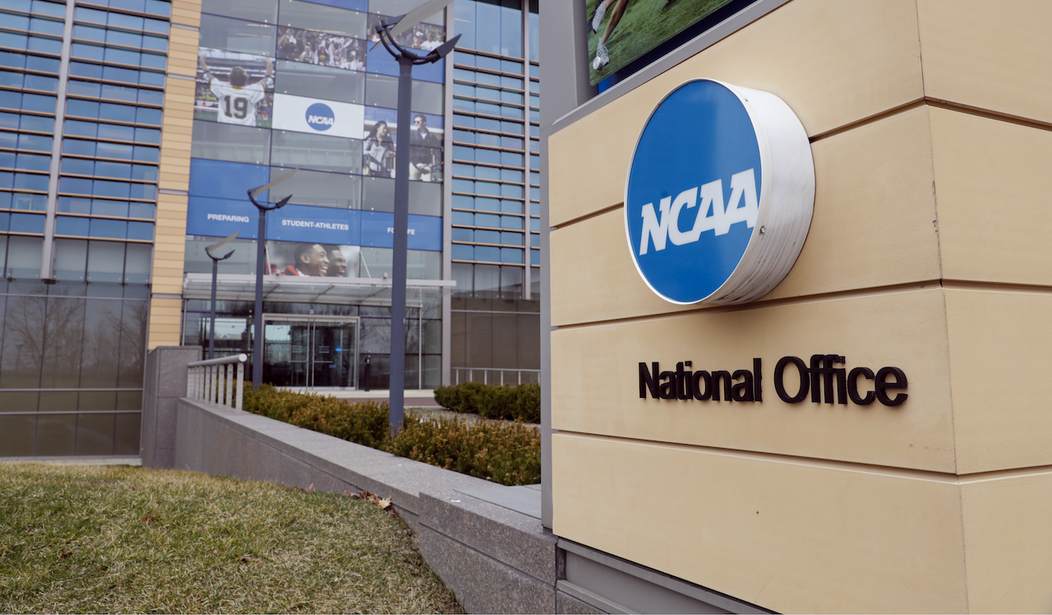

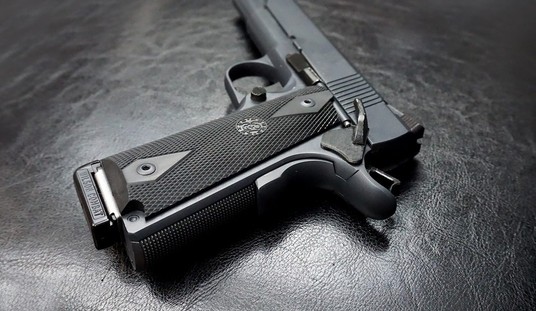


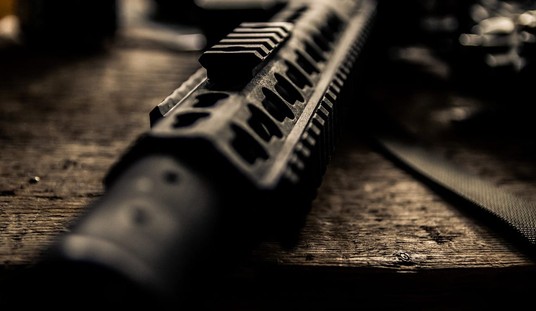
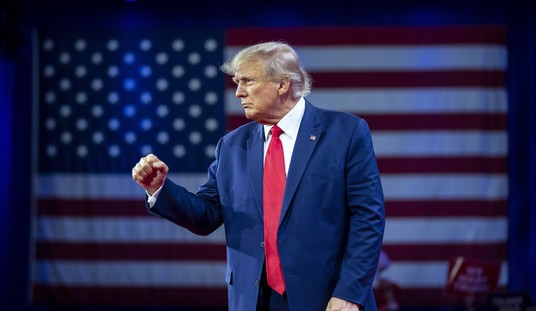

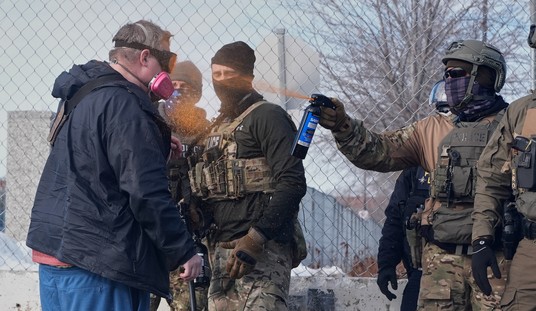
Join the conversation as a VIP Member